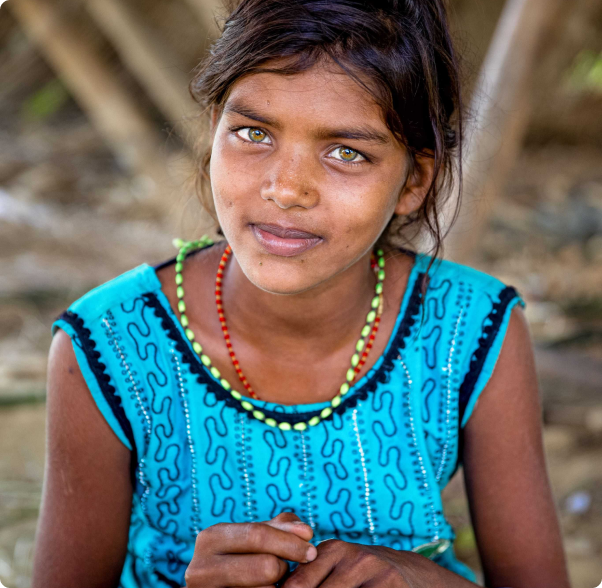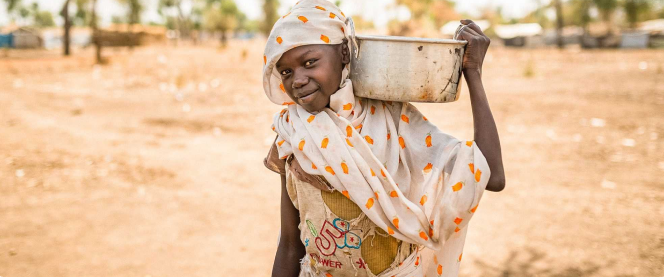Summary
Nestled snuggly on the Horn of Africa between the larger nations of Sudan and Ethiopia, Eritrea is the product of Italian colonization and British occupation. But what has more recently defined this nation’s progress and struggle is the fragile relationship with its southern neighbor, Ethiopia, and the decades of conflict between them. Though Eritrea currently experiences peace, past conflict hinders economic and political progress.
Conflict between Eritrea and Ethiopia was exacerbated by the UN establishment of Eritrea as an independent federation of Ethiopia in 1952. The settlement disregarded Eritrea’s desires for complete autonomy and proved unfavorable to Ethiopian leaders who annexed the nation ten years later. This marked the beginning of Eritrea’s 30-year struggle for independence. Ethiopian political reform in 1993 would open the door for Eritrea to gain independence as a nation. In 1998, border conflict resurfaced, and two years of fighting claimed the lives of tens of thousands of soldiers. Since peace agreements were established in 2000, Eritrea has faced numerous skirmishes but continues to maintain control of its borders. Due to years of intense military investment, the general welfare, basic systems, and infrastructure of the nation were not maintained. Improper agricultural management left two-thirds of its population dependent on food aid and created an economy with few skilled workers.
With four government-recognized religions–Sunni Islam, Eritrean Orthodox, Roman Catholic, and Lutheran–Eritrea is especially hostile to non-approved religious affiliations. Some estimate that over 3,000 Christians are imprisoned in Eritrea for adhering to evangelicalism, many of those facing crippling torture and even death. Full religious freedom is desperately needed. Even so, churches in Eritrea are growing despite sanctioned opposition, and many believers have moved underground with the establishment of house churches. Pray that the Lord would preserve his people in Eritrea and grant them freedom from the strong grasp of political and religious oppression.




